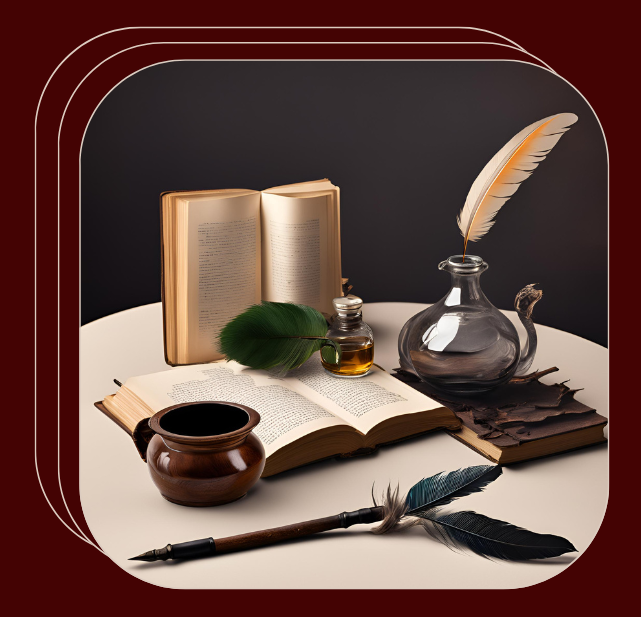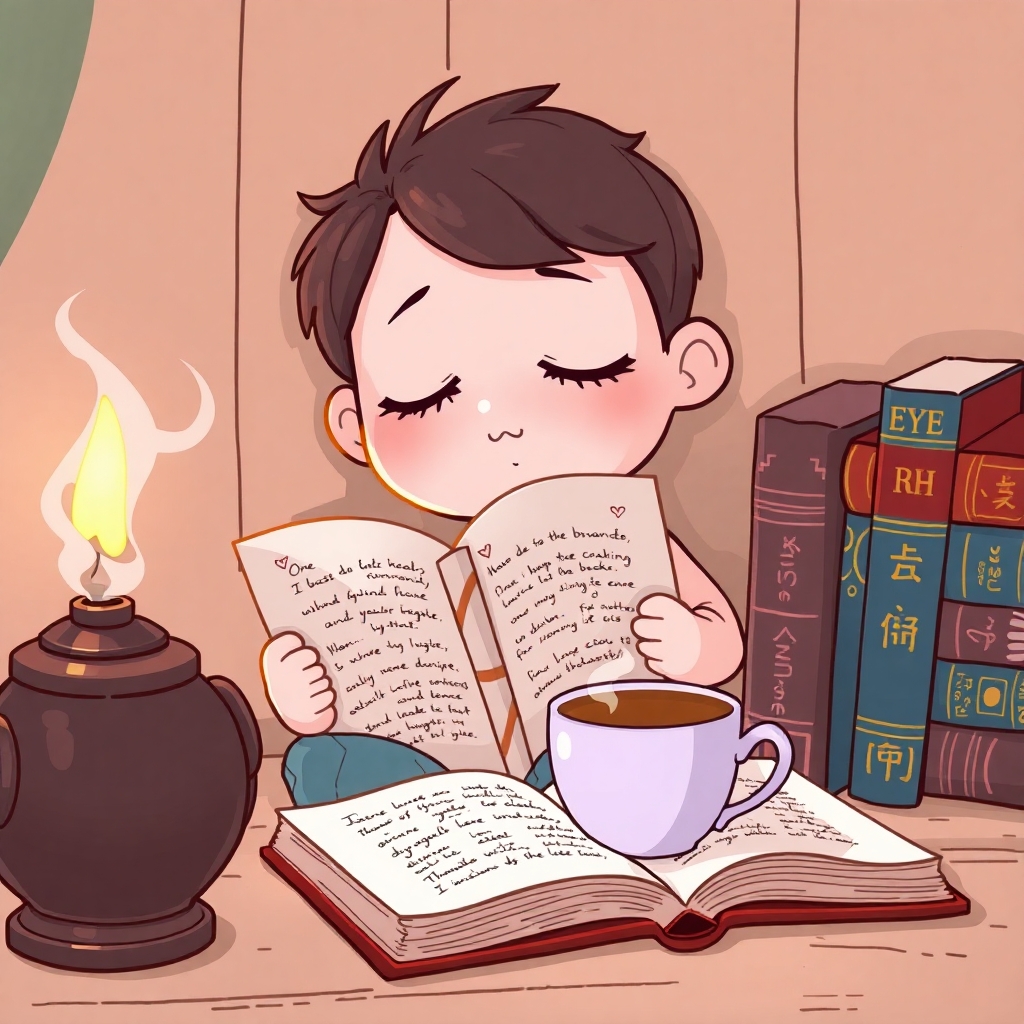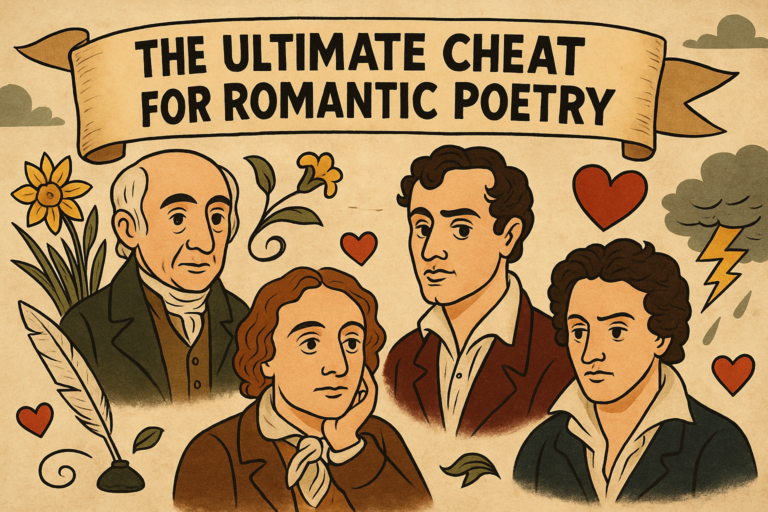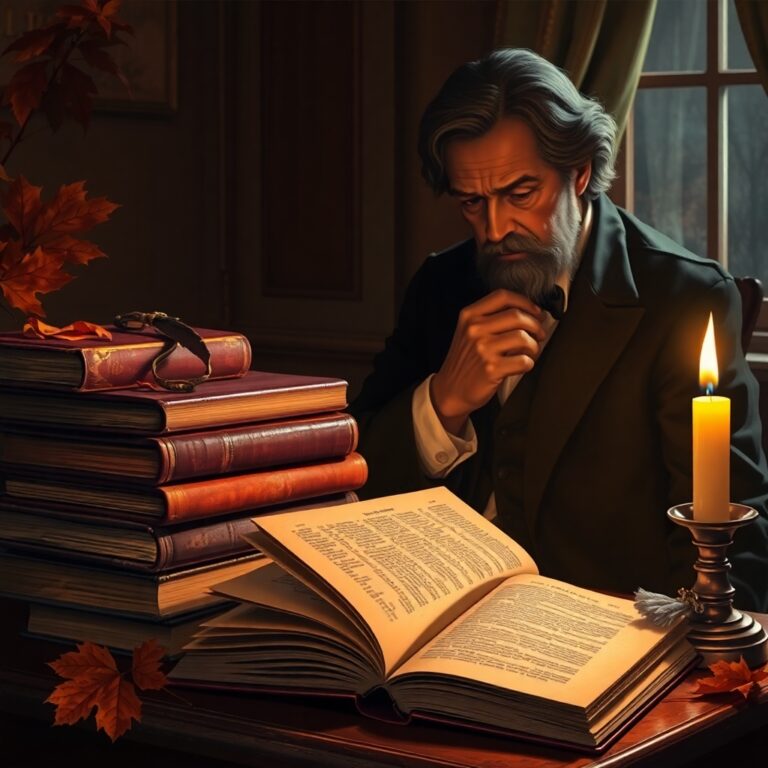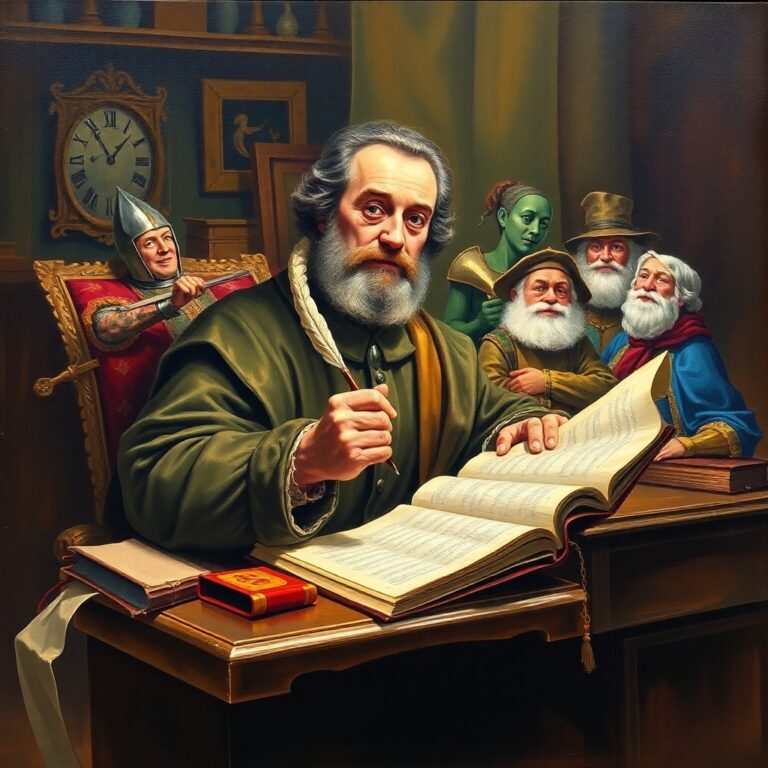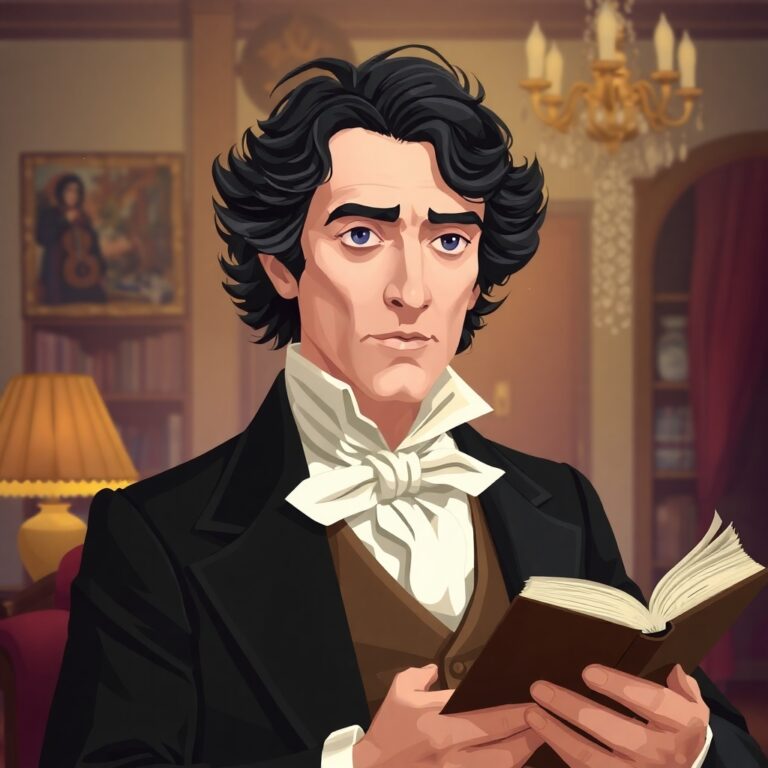How to Start Reading Classic Literature Without Falling Asleep
Because Not Every Classic Has to Feel Like a Sleep Aid
Let’s be honest—when people hear the words classic literature, many immediately picture dusty old books filled with long-winded descriptions, obscure vocabulary, and plotlines that move slower than a turtle with a sprained ankle.
But classic lit doesn’t have to feel like an academic endurance test. In fact, once you get past the intimidating reputation, you’ll realize these books are full of drama, sarcasm, murder, forbidden love, and some seriously shady characters—basically, they were the original Netflix dramas.
So, how do you dive into the world of classic literature without dozing off mid-sentence? Here are some foolproof strategies.

1. Start With the Fun Stuff (Not the Textbook Stuff)
If your first attempt at classic literature is War and Peace or Moby-Dick, you’re basically setting yourself up for failure. Instead, start with books that have juicy plots, sharp humor, or thrilling action—because let’s face it, even in the 19th century, people liked a little excitement.
Beginner-Friendly Classics:
- Oscar Wilde, The Picture of Dorian Gray – A gothic thriller about vanity, corruption, and a cursed portrait.
- Jane Austen, Pride and Prejudice – Romantic comedy with sharp wit and enough drama to fuel a reality show.
- Mary Shelley, Frankenstein – Sci-fi, horror, and ethical dilemmas? Yes, please.
- Arthur Conan Doyle, Sherlock Holmes stories – Short, intriguing, and packed with mystery.
- Emily Brontë, Wuthering Heights – Toxic relationships, wild moors, and brooding men—it’s like a period drama on steroids.
2. Audiobooks Are Your Best Friend
If the sight of a dense, tiny-font novel makes you want to nap immediately, try audiobooks. A dramatic narrator can bring a slow-moving book to life. Plus, you can “read” while commuting, working out, or pretending to be productive.
Best Audiobooks for Beginners:
- Stephen Fry narrating Sherlock Holmes – Imagine Holmes with extra British flair.
- Rosamund Pike reading Pride and Prejudice – It’s like watching a high-quality BBC adaptation but in your head.
- Benedict Cumberbatch’s Metamorphosis – Kafka’s weirdness made slightly more bearable by Sherlock himself.
3. Read Modern Adaptations First (Yes, It’s Allowed)
Some classics have been rewritten in modern language, making them easier to digest before you tackle the original. Think of it as training wheels for your literary journey.
Modern Retellings That Help:
- Jean Rhys, Wide Sargasso Sea – A prequel to Jane Eyre, told from Bertha Mason’s perspective.
- Margaret Atwood, Hag-Seed – A brilliant retelling of The Tempest.
- Joan Lindsay, Picnic at Hanging Rock – Gothic mystery vibes similar to Wuthering Heights.
Or just watch the movie/TV adaptation first—yes, I said it. Seeing the story play out visually can make the book much easier to follow.
4. Don’t Force Yourself to Read Every Single Word
Not all classics require deep literary analysis. Skim the parts where authors spend three pages describing a tree (we’re looking at you, Victor Hugo), and focus on the actual story. If a scene isn’t grabbing you, it’s okay to move ahead.
5. Join a Book Club (or Find a Meme Page)
Classics are much easier to get through when you have people to discuss them with. A book club forces you to stay on track and makes reading feel like a social event rather than a chore.
Alternatively, follow literary meme pages. There’s something about seeing Hamlet turned into a viral joke that makes Shakespeare feel a lot more relatable.
Great Online Communities for Classic Lit Fans:
- r/classicbooks (Reddit) – Engaging discussions without the pretentiousness.
- @betterbooktitles (Instagram) – Hilariously oversimplified book summaries.
- #BookTok (TikTok) – Surprisingly good recommendations from literature fans.
Final Thoughts: You’ve Got This
Classic literature might seem intimidating at first, but once you find the right book, format, and pace, it can be just as entertaining as modern bestsellers. Think of it this way—these books have survived for centuries for a reason. They’ve been gossiped about, banned, dissected, and adapted. In short, they’re anything but boring.
So go forth, grab a book (or an audiobook), and start your journey into the world of classic lit. Just maybe don’t start with Ulysses.
Now tell me—what classic book have you pretended to read but never actually finished? Be honest. 😉
References & Further Reading:
- Manguel, Alberto. A History of Reading. Viking, 1996.
- Sutherland, John. How to Read a Novel: A User’s Guide. St. Martin’s Press, 2006.
- Bloom, Harold. The Western Canon: The Books and School of the Ages. Harcourt Brace, 1994.
